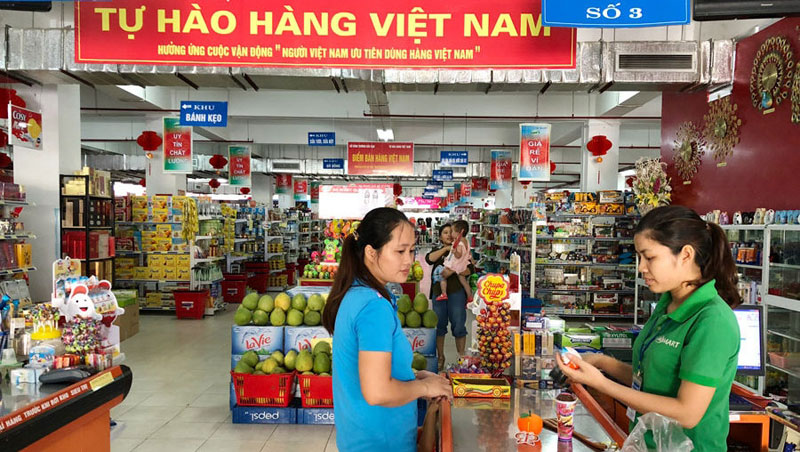


Remarkably, that time coincided with the European Commission (EC) anti-dumping investigation into electric bicycles imported from China. According to the Ministry of Industry and Trade (MoIT), this may lead to the risk of EC investigation into tax evasion of some Vietnamese exporters, affecting genuine exporters. Therefore, the MoIT will strengthen the inspection and supervision of the issuance of certificates of origin from Vietnam for electric bicycles. In particular, special attention should be paid to the possibility of counterfeiting of Vietnamese origin goods.
In fact, many products and goods produced in Vietnam with high quality and stability are being trusted, selected and received by a large number of consumers in various countries around the world. Thus, the trade fraud through labeling of origin as made in Vietnam is increasing.
There are many cases of goods being imported or processed abroad, but they are labeled as goods produced in Vietnam for commercial fraud and deceiving consumers. Vietnam has increasingly participated in a number of free trade agreements (FTAs), thus, there is a tendency of foreign goods borrowing Vietnam origin to benefit from FTAs or avoid trade defence measures from the importing country.
The fraudulent label of origin not only affects specific products and consumers, but also creates significant impact on the domestic industry while reducing the reputation and competitiveness of goods made in Vietnam. Developed countries all have specific provisions on labeling of origin to protect the domestic manufacturing industry and the brand of specific products.

Vietnamese goods are trusted by a large number of domestic and foreign customers
Sanctions against individuals and organisations deliberately misleading the origin of goods labels are also very strict. For example, under Canadian regulations, if an organisation or individual gives misleading information about products can be fined up to C$ 15 million and imprisoned from one to 14 years.
In Vietnam, the current regulations mainly regulate trademarks, geographical indications and brands. The concept of "Vietnamese goods" can be understood in many different ways, such as goods originating from Vietnam to enjoy tariff preferences under international economic integration commitments, or goods with the manufacturing stage in Vietnam, or goods branded in Vietnam. These concepts are different but often make people confused. Therefore, it is imperative to complete the legal regime for the "Made in Vietnam" label.
Through initial exchanges between ministries, sectors, experts and some associations, the labeling of made in Vietnam should be applied on the principle of voluntariness and self-declaration in the short term. When individuals or organisations label their products made in Vietnam, it is mandatory that goods must meet the set criteria as required. In case individuals or organisations label their products with manufacturing stages in Vietnam, they must prove that the goods undergo production and processing stages in Vietnam.
After a period of allowing regulations on goods labeling to gradually form in public awareness, the State management agency will review, evaluate and report to the Government to put forth mandatory labeling of specific goods produced in Vietnam in order to protect Vietnamese consumers and the domestic manufacturing industry as well as build strong domestic brands.